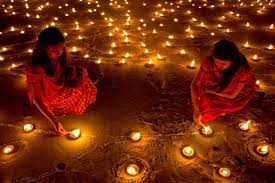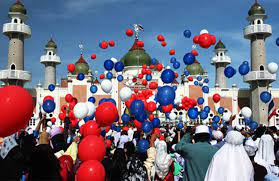There are several reasons to celebrate religious festivals. They can bring people together, serve as a social bonding opportunity, and promote harmony within a community. They also reflect the significance of the religion that they are held in. Here are a few examples: Easter, Christmas, Diwali and Rosh Hashanah. When you need Rosh hashanah cards, take a look at cazenovejudaica.com/uk/cards/rosh-hashanah Many of these festivals have similar backgrounds and include the remembrance of sin and salvation.

Religious festivals are important in promoting community engagement, reducing discrimination, and fostering relationships among diverse groups. However, if these efforts are to be effective, they must be scaled up and include a broader community. In addition, there needs to be more public engagement in religious and cultural festivals.
Festivals and feasts are important to many cultures and societies. Some cultures, such as Hindus, have festivals to commemorate the birth of their gods. Others celebrate the end of the year in a particular culture. In Jewish traditions, a harvest festival called Sukkot commemorates the forty years of the Israelites wandering in the wilderness. People also celebrate this festival by planting trees in memory of loved ones. In addition, Christians celebrate Good Friday, which commemorates the crucifixion of Jesus.

It’s not just current world religions who celebrate such events. Ancient Egyptians celebrated many festivals connected to the seasons. These festivals were regarded as sacred times and gained cosmic significance. Among the most celebrated Egyptian festivals were those celebrating Osiris, Amon-Re (the sun god), Horus, and Hathor.










+ There are no comments
Add yours